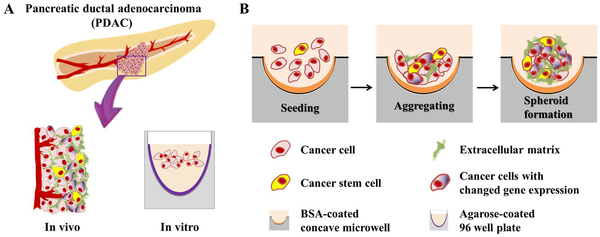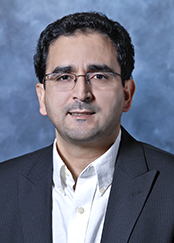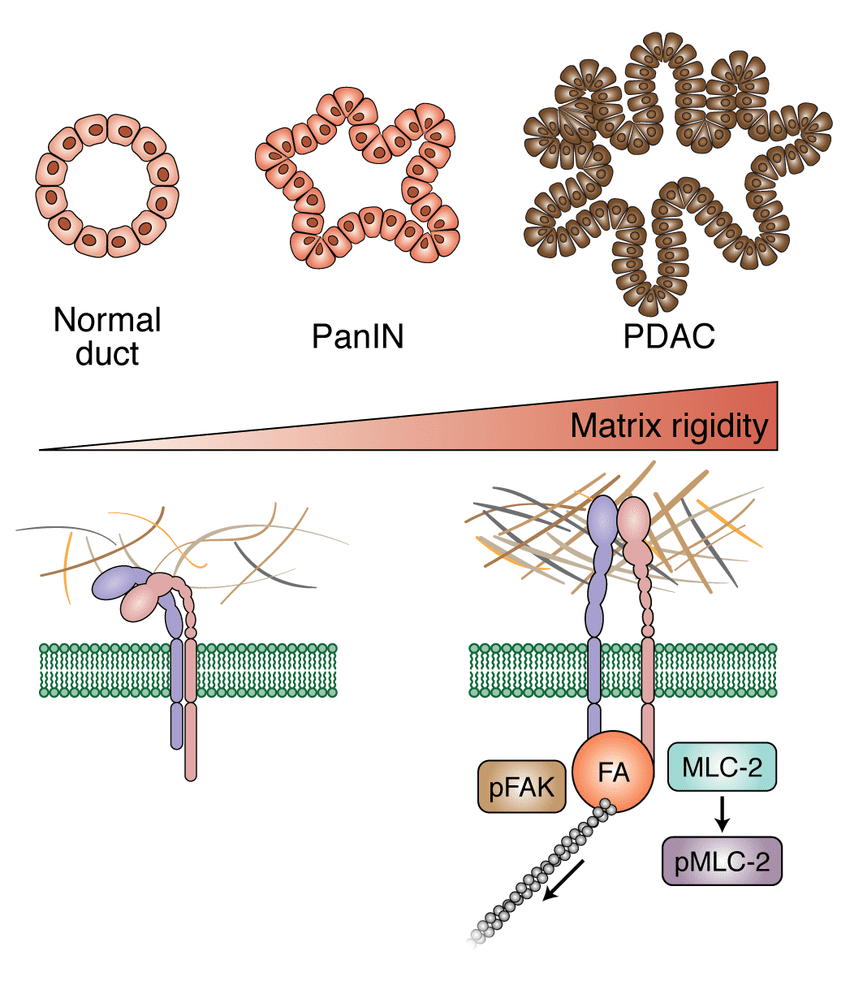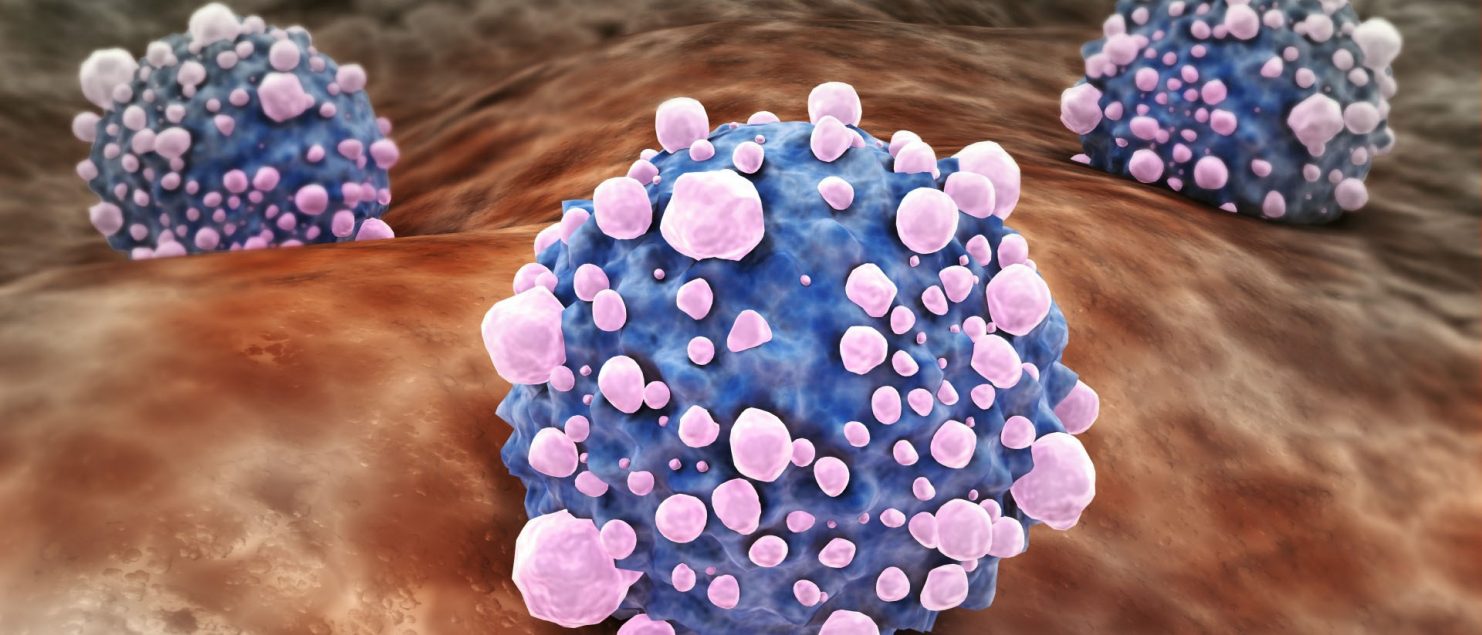New Drug Metavert Blocks Growth Of Pancreatic Cancer In Mice
Multidrug-resistant tuberculosis is a major global threat and so is pancreatic cancer for various reasons. The location of the pancreas makes it difficult to detect this form of cancer at the early stage. Most of the diagnosis is made in the third and fourth stages of the cancer. At this time the survival rate of patients also diminishes drastically.

Again, pancreatic cancer easily becomes resistant because of the formation of shield-like cysts by the cells of the pancreas. This shield does not only protect chemotherapy from getting to the cancer cells and killing them but also seems to encourage their growth. The development of a new drug called Metavert by Cedars-Sinai, a non-profit health science center can make all the difference in the fight against this deadly disease.
Studies place pancreatic cancer as the third leading cause of death from cancer. In the United States alone it is estimated that 44,000 people will die from this form of cancer in 2018. Even scarier is that the five-year survival rate is as low as 7 percent for pancreatic cancer which is highly low compared to other forms of cancer.
I am particularly intrigued about this finding because I lost my dad to pancreatic cancer. He was responding to treatment at the onset but after a few weeks, every treatment ceased. I watched helplessly as my dad breathed his last. Stumbling on this research finding excited me a lot because it could help thousands of other people out there battling with the same illness.
What Metavert Can Do?
Metavert showed great promise when it was tested on laboratory mice. It was able to prevent the growth and spread of pancreatic cancer. The finding of the study was published in the Gastroenterology journal. The most impressive finding is that the drug could prevent cancer from becoming resistant to chemotherapy. If this is achieved it would mean that patients will have a longer shot at survival.

Research often takes a long time to scale through to human studies and legalization and sometimes they don’t even make it to the shelves or are recalled for one reason or the other. Sometimes the drugs also act differently in humans than it did in the test animals. So, notwithstanding that I am excited about the prospects of this drug, I will try to curtail my joy until it has actually made it to the market. Confirming my fears in a similar statement, the lead author of the study, Mouad Edderkaoui PhD said,
If the results are confirmed in human, we could have a drug with the potential to significantly extend the lives of patients with pancreatic ductal adenocarcinoma (PDAC), which is very difficult to treat.
Source: Drug Target Review
The Rate Of Occurrence Of Pancreatic Ductal Adenocarcinoma
 The rate of occurrence of PDAC which is implicated to chemotherapy resistance in pancreatic cancer is high. Studies show that as much as 95 percent of patients with pancreatic cancer are also diagnosed with PDAC.
The rate of occurrence of PDAC which is implicated to chemotherapy resistance in pancreatic cancer is high. Studies show that as much as 95 percent of patients with pancreatic cancer are also diagnosed with PDAC.
What the cancer does is to excite the normal cells of the pancreas called the stellate cells to form scar tissues. These scar tissues do not only prevent chemotherapy drugs from reaching the cancer cells in the pancreas but it also prevents blood from entering the pancreas. A host of other processes like the significant rise in the level of certain enzymes work together to fuel resistance to the treatment of pancreatic cancer.
The researchers are currently working on a version of the drug that will be suitable for test on humans. Another impressive milestone reached with Metavert is that it also improved the efficiency of the two commonly used chemotherapy agents for cancer in humans and radiation.
The Future Of Cancer Therapy
From my research, I found out that chemotherapy and radiation therapy which are the most commonly used therapy for cancer is still very harmful to the patients. More studies should be dedicated to developing less invasive therapies like the virotherapy. Genetically engineered viruses like ZIK-LAV are able to target and kill cancer cells while avoiding the normal cells. I believe virotherapy will have a greater impact on the survival rate of cancer victims. Hence, more studies should be focused on how to turn perceived enemies to friends.


